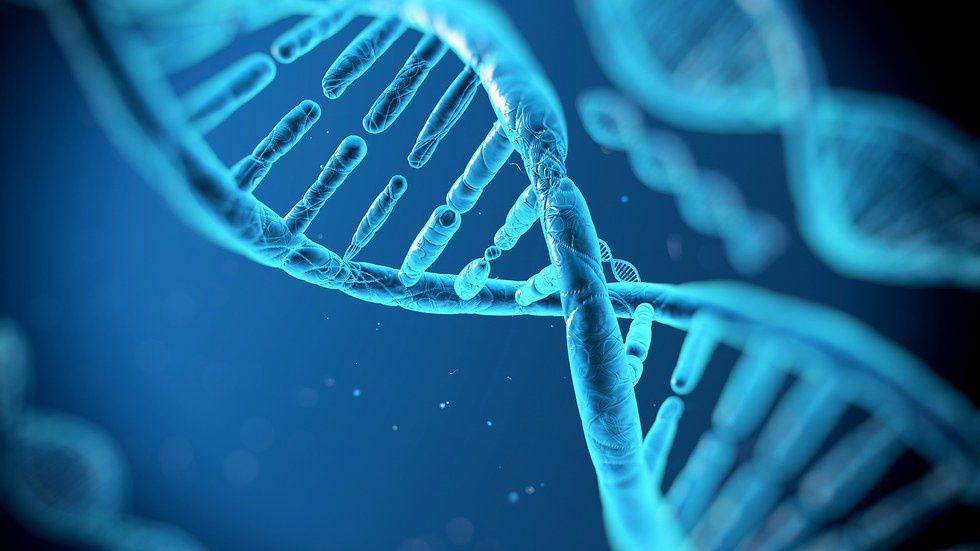Before we get into discussing mental disorders, I feel like it is important to consider mental health how the professionals see it. There are many approaches and models, but one of the most widely accepted and simple ones is the Biopsychosocial model. It suggests that there are 3 components to mental health: Biological, Psychological, and Social (basically where the name came from).
1. Biological
This is probably the factor the most people do not consider when discussing mental health. The biological factor basically has to do with what is happening inside your body: genetics, chemical and hormonal balances, etc. Genetics has to do with more abnormal disorders, such as schizophrenia, but can also have a link to depression and anxiety. Chemical and hormonal imbalances has a link to almost all disorders, but especially depression and anxiety disorders. The importance of the biological factor is that there is a possible risk factor that people can have without even knowing about it.
2. Psychological:
This factor has to do with how people think -- internal perceptions and attitudes. How a person sees the world and think the world sees them, and how they respond to this is probably the simplest way to look at the psychological factor. In disorders, this can be the voices schizophrenics hear in their head, the negative views of the world that people with depression have, or the feeling of overwhelming thoughts of not having done enough that come with anxiety. No two people have the same thoughts and perceptions, and understanding that people have different mindsets is essential to understanding the causes of mental illness.
3. Social:
This factor can mostly be described by 1 word: Relationships. What do your relationships with your parents, friends, coworkers, and really anyone, look like? What did they look like? What future do you perceive with these relationships? The other part of the social factor is where you stand in life: socioeconomic status, cultural values, etc. Sometimes, socioeconomic status or cultural views will prevent a person from being able to get help for mental illness.
The biopsychosocial model offers a holistic view of mental health.The mind and body cannot be treated as 2 separate entities and must be looked at together. It is important to note that though all of these factors usually come together when being diagnosed with a mental illness, it is possible to have mental illness with just one of them. Remember not to judge anyone based on just the external factors you see, but to keep in mind that there are many internal factors that could be having an effect that cannot be seen. Only without judgement can we lift stigma.
Citation:
https://www.boundless.com/psychology/textbooks/bou...
























